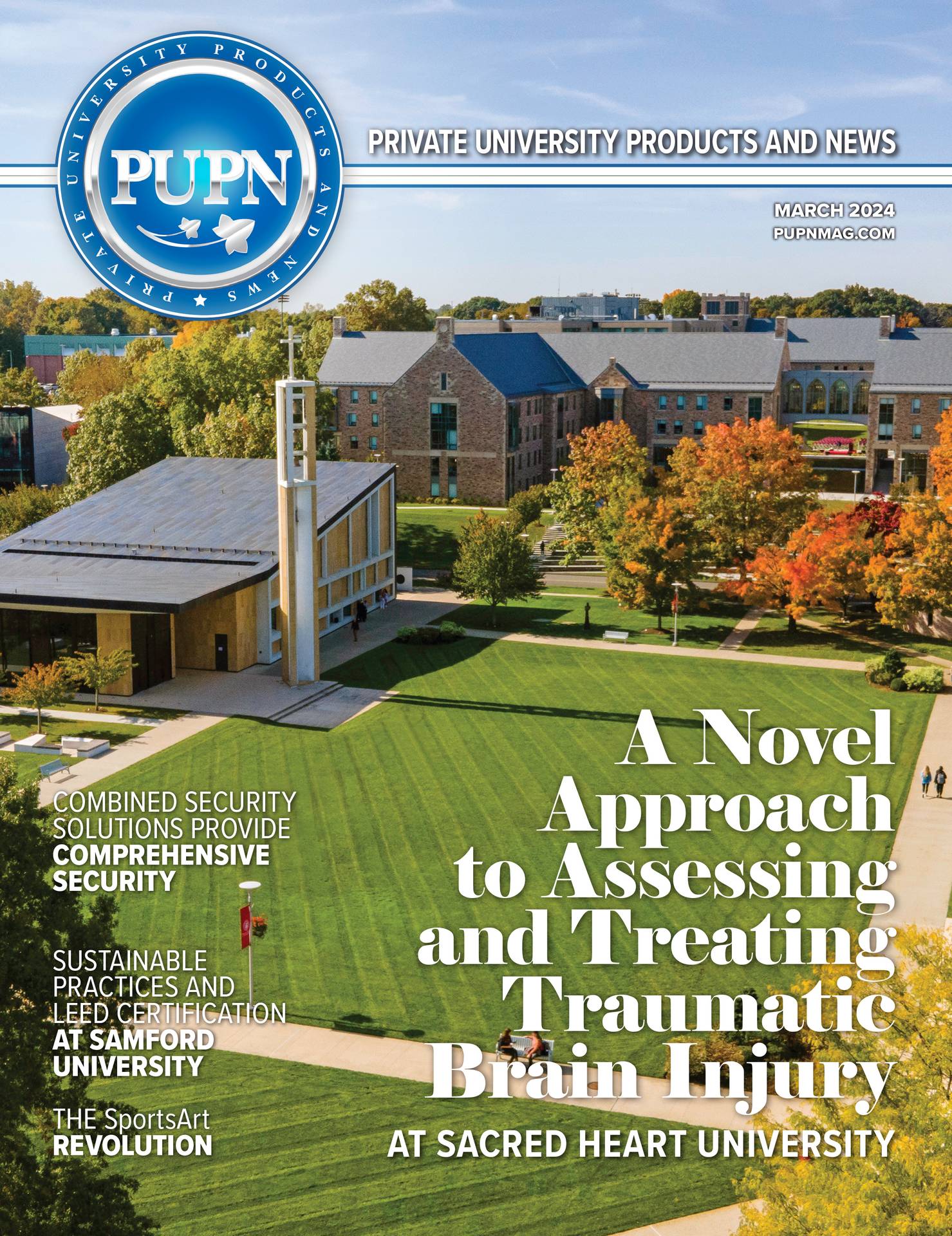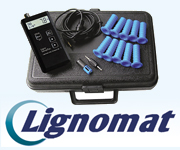From 2006 to 2015, Vieweg served as the inaugural chairman of University of Florida’s Department of Urology, where their department was ranked eighteenth in the nation by U.S. News & World Report. Vieweg hopes to replicate that success as Founding Dean of The College of Allopathic Medicine at Nova Southeastern University.
Evolving Health Care Needs
Acknowledging that evolving health care needs and rapid demographic shifts call for some drastic change to the face of medical education, biomedical research, and health care administration, Vieweg is focused on adapting to the health care challenges of a changing nation. In terms of developing a new medical program, he shares, “At NSU, we don’t have to adjust, because we are starting something new. Due to our unique geographical location in the center of diverse and populous South Florida and our understanding of the evolving needs of patients, NSU is uniquely positioned to introduce innovative health care solutions for patients in Florida and beyond through the establishment of a new M.D. Medical College.”
Vieweg recognizes this work cannot be done alone. By working with partners, they can build an integrated system of health care that “embraces a knowledge-based economy through a team of renowned scientists, a new hub for collaborative research, interdisciplinary education frameworks within the university’s Health Professions Division.” With support from a network of health care experts, corporate leaders, business and community involvement, and governmental entities, Vieweg explains they will be able to improve access to affordable, high-quality health care while offering individualized treatment plans and value-based medicine. Vieweg adds, “This new medical school presents a tremendous opportunity to be a part of a new model of teaching and practicing medicine with the simple purpose of advancing human health.”
Enhancing the Practice of Medicine
Several years ago, Vieweg had a chance meeting with Dr. George L. Hanbury II, President of NSU, and the men struck up a conversation that continued over a number of years and ultimately brought Vieweg to the campus in 2016 to begin implementing his vision. Seeing that a high number of patients complained about the dysfunction in doctor-patient relationships, he sought a new type of training, a pedagogy that would prepare doctors to interact with their patients at a level which would provide a greater level of care and higher patient satisfaction-in addition to enhancing the practice of medicine and research.
Currently there are 147 medical schools accredited by the national accrediting agency, and seven or eight others are in the process of accreditation; he estimates that roughly twenty percent are practicing pedagogies common with allopathic medicine. If all goes as planned, NSU will be welcoming the first generation of medical students into the new school as early as Fall 2018. Vieweg notes that with undertakings of this nature there is a need for strategic thinking, though there is also some freedom: a new school is also “not as encumbered by the complexities of traditional medical schools.”
Florida’s First Case-Based Curriculum
Because NSU’s medical school will be the first case-based curriculum in the state, Vieweg plans to serve as a valued resource for patients, physicians, health care partners, and community providers. He explains that this approach is a “three-legged stool” focused on practice, education, and research-with discovery and innovation at its core. The concept is to build a curriculum unlike anything else in Florida, where medical students are not just “cramming” details about physiology and anatomy into their short-term memories but instead are learning about communication and leadership in medicine. Viewing explains, “We want to educate leaders.” In order to do that, they need a new model, one that is “focused on the patient, not necessarily the discipline.”
Students will work with real patients or work through simulations in order to learn to facilitate a diagnosis. Provided with eighty to ninety scenarios of different complexities of cases during the semester-somewhere between two to five cases a day-students aren’t just learning about the science; instead, he explains, it’s more like “building a criminal case” as they investigate all the details. Most importantly, Vieweg explains, students learn to “interact with the patient at the center of the case,” as “patient-centric care is at the forefront of everything we do.”
Progressive, Patient-Centric Care
Richard Jove, PhD, is Director of the Cell Therapy Institute at Nova Southeastern University. Jove calls Vieweg a “highly accomplished physician-scientist and leader in academic medicine” with the vision to make the NSU College of Allopathic Medicine an “exemplary medical college of the 21st Century.” Jove also praises Vieweg’s careful strategizing in planning for the medical college to demonstrate excellence in clinical care, medical education, and biomedical research. Jove adds, “Importantly, his vision includes training the next generation of physician leaders, advancing innovative research of global impact, and delivering outstanding patient care within our local community. With his superb leadership, this progressive new medical college will be successful in achieving all of these goals.”
Another colleague who is quick to share her admiration of Vieweg’s vision is Jennie Q. Lou, M.D., M.Sc., Professor and Program Director of the Biomedical Informatics Program, Professor of Public Health, and Professor of Internal Medicine at NSU’s College of Osteopathic Medicine. Lou believes the value of the new school of medicine is obvious, in that it will offer opportunities for both excellence and innovation. Lou states, “What impressed me the most about Dr. Vieweg is his vision and tenacity for excellence in medical education and practice. He genuinely fosters innovations and collaborations. He brings a cultural change to the conventional way of teaching and he is working steadily to put the forces and resources together to enable an innovative environment to cultivate the next generation of the leaders in patient care in the community.”
Enthusiastic about the opportunities she knows will follow, Lou sees Vieweg’s talents as offering ideal leadership for the new medical school, where the local community will directly benefit from the resources they can provide, particularly in healthcare data analytics that will be offered to other health care organizations. In short, their goal is to supply better data to allow more insight, which ultimately generates “improved outcome in patient care across the organization.”
Paula Wales, Ed.D., is Executive Associate Dean for Academic and Student Affairs in the College of Allopathic Medicine, and she is leading the development of the M.D. curriculum. Like her colleagues, Wales calls Vieweg a “healthcare visionary committed to creating a case-based, systems-sequenced medical education curriculum with a focus on Leadership, Biomedical Informatics, Research, Interprofessional Collaboration, and Genomics.” Wales also mentions that Vieweg views students as junior colleagues to be nurtured into leaders, and thus he has been instrumental in developing cases for the curriculum, always with a focus on incorporating relevant technology and having students constantly self-assess to gauge their own progress.
As a consultant and expert on medical education, Lindsey Henson, MD, PhD has helped several other medical schools get started. She has developed curricula at the University of Rochester, Case Western Reserve University, and the University of Minnesota; she also served as founding education dean for the new medical school at Florida Atlantic University and the MD program at the Cleveland Clinic. Hensen believes Vieweg’s vision for developing leaders for modern health care is nothing short of inspiring, and she notes the unique setting for this program at NSU only enhances this opportunity-as NSU will be the only university in the country to offer both an MD degree and a DO degree on the same campus, using some shared facilities and shared faculty. Recognizing that graduates will need to “hit the ground running” as they begin their residencies, she believes NSU is positioned to play a key role in achieving that goal.
Certainly, that is Vieweg’s objective, as he designs a program that will leave graduates not only well-versed in the science of medicine and the tools of diagnosis but also accomplished in the interpersonal skills needed to be exceptional physicians. Having interacted with patients and simulated difficult and stressful interactions-from end-of-life scenarios to framing a complicated diagnosis-students will be better prepared for the demanding work they will face in clinics and hospitals.










